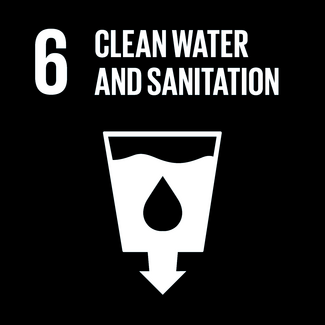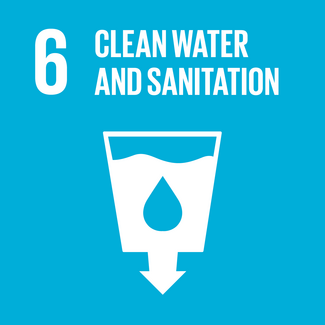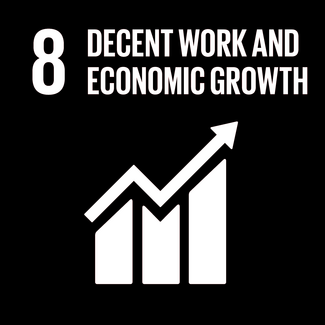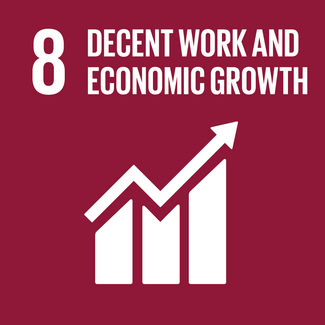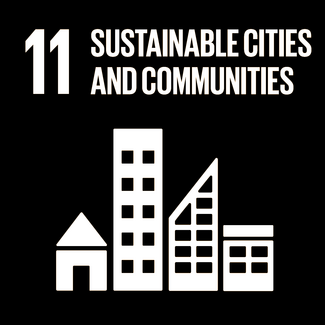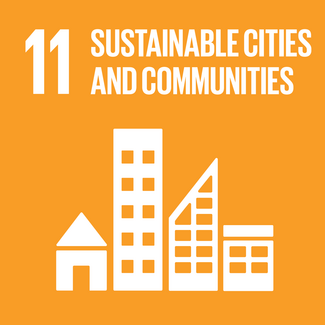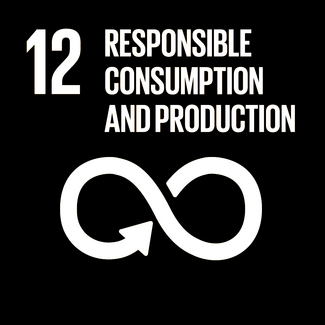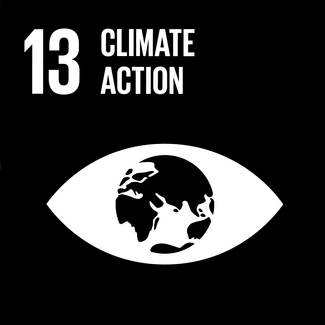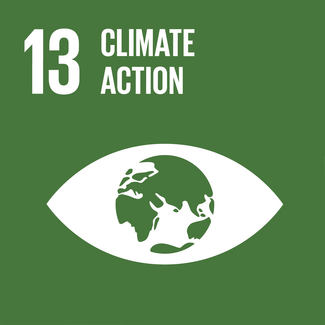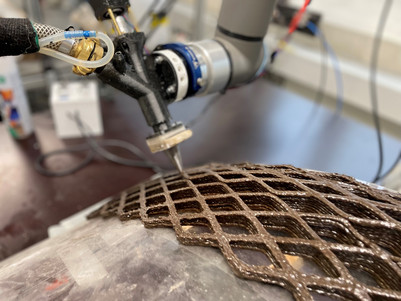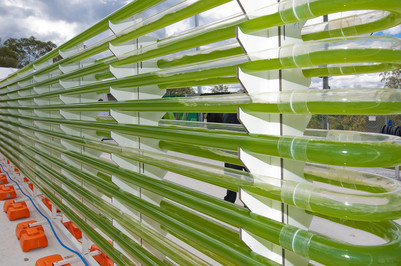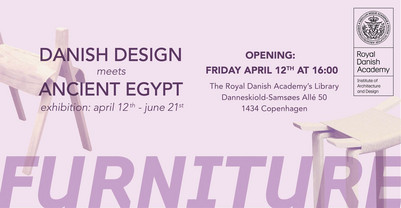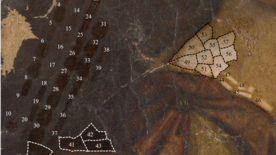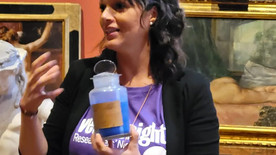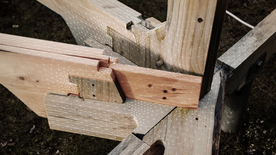
Aquamatorium
According to the theoretical framework of Critical Regionalism, the effects of globalization has led to a gradual marginalization of traditional cultures. Among the structural consequences of globalization is the ever-expanding influence of economic interests on the architectural profession. In an effort to maximise economic criteria, neo-modern developers and architects drive architecture towards optimisation, normative plans, cheap construction methods and the overall reduction of building. The outcome is a general condition where built environments are becoming dehumanizing and homogenous. According to Critical Regionalism one of the ways to counteract this development is to protect the cultural heritage by reinterpreting the vernacular in a contemporary context.
Through the design of a new crematorium on Bornholm, or Aquamatorium, the project seeks to reassess whether the underlying principles of the theory can help to create better architecture, of higher quality and deeper meaning. Retrospectively, the project strives to map out the idiosyncratic qualities found in the vernacular building culture of Bornholm, and use these as inspiration to cultivate a contemporary place-specific architectural reinterpretation, that exemplifies a potential counterpoint to the prevailing challenges generated by globalisation. Furthermore, the project acts prospectively, by developing and implementing new technological and sustainable design solutions that improves, the quality of modern life and architecture.
(Frampton, 1987)






The Royal Danish Academy supports the Sustainable Development Goals
Since 2017 the Royal Danish Academy has worked with the Sustainable Development Goals. This is reflected in our research, our teaching and in our students’ projects. This project relates to the following UN goal(-s)